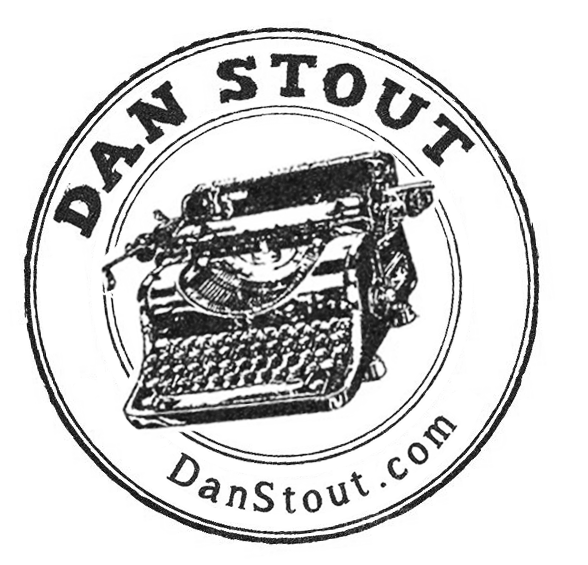I read a lot of books, especially books about writing and storytelling.
As a frequent library writer, I made it a habit to check out the writing section on every visit. I’d pick up the latest acquisitions and check out whatever looked most interesting. That way I always had at least one book on writing near my desk.
I’ve kept a list of all the books that helped me, along with notes, quotes, and excerpts. Since I get asked for it a lot, I figured I’d save a little time by dumping them all into one spot. Here are the titles, in no particular order. The ones in Bold are books that were particularly helpful to me when I read them. That doesn’t mean that they’ll be helpful to you, but I like to give credit to all the smart people who influence me.
Remember, most of these books say the same things — it’s just a matter of hearing them repeated until it clicks with you at that moment in your life.
Note: I’m gonna drop some affiliate links in here, so I’ll get some kickback if you buy them.
The War of Art, by Steven Pressfield
Writing the Breakout Novel, by Donald Maas
Writing the Blockbuster Novel, by Albert Zuckerman
Art & Fear, by David Bayles & Ted Orland
Characters & Viewpoint, by Orson Scott Card
Writing Down the Bones, by Natalie Goldberg
Don't Sabotage Your Submission, by Chris Roerden
Advertising Secrets of the Written Word, by Joseph Sugarman
Danse Macabre, by Stephen King
On Writing, by Stephen King
Bird by Bird, by Anne Lamont,
The Story Grid, by Shawn Coyne
On Writing Horror, ed by Mort Castle
Daily Meditations: Writer Tips for 100 Days, by David Farland
Million Dollar Outlines, by David Farland
Starve Better, by Nick Mamatas
Shooting Yourself in the Head for Fun and Profit, by Lucy Snyder
How to Write a Damn Good Thriller, by James Frey
Story, by Robert McKee
Zen in the Art of Writing, by Ray Bradbury
Wired for Story, by Lisa Cron
You're not Fooling Anyone When you Take Your Laptop to the Coffee Shop, John Scalzi
Beginnings, Middles, and Ends, by Nancy Kress
Dynamic Characters, by Nancy Kress
Poetics, by Aristotle
Conflict and Suspense, James Scott Bell
The Writing Warrior, by Laraine Herring
The Writer's Journey, by Christopher Vogler
Nobody Wants to Read Your Shit!, by Steven Pressfield
Save the Cat! by Blake Snyder
Hooked, by Les Edgerton
From 2 to 10 K, by Rachel Aaron
Write to Market, by Chris Fox
Writing the Fiction Series by Karen S. Wiesner
The Art of Time in Fiction, by Joan Silber
Story Engineering, Larry Brooks
Story Trumps Structure, by Steven James
The First 50 Pages, by Jeff Gerke
Wonderbook, by Jeff VanderMeer
Steering the Craft, by Ursula K. LeGuin
The Emotional Craft of Writing, by Donald Maas
Story Genius, by Lisa Cron
On Writing Romance, by Leigh Michaels
Save the Cat Strikes Back! by Blake Snyder
Save the Cat Writes a Novel by Jessica Brody
Comics Experience Guide to Writing Comics, by Andy Schmidt
DIY MFA, by Gabriela Pereira
Writing & Selling Your Mystery Novel, by Hallie Ephron
Romancing the Beat, by Gwen Hayes
The Emotion Thesaurus, by Becca Puglisi and Angela Ackerman
Making Comics, by Scott McCloud
Making Comics, by Linda Barry
Comics & Sequential Art, by Will Eisner
Graphic Storytelling, by Will Eisner
The Art of Game Design, by Jesse Schell
Slay the Dragon, by Robert Denton Bryant & Keith Gigilo
Acting for Animators, by Ed Hooks
The Advanced Game Narrative Toolbox, ed by Tobias Heussner
Becoming a Writer, Staying a Writer, by J. Michael Staczynski
Impro - Improvisation and the Theatre, by Keith Johnstone








